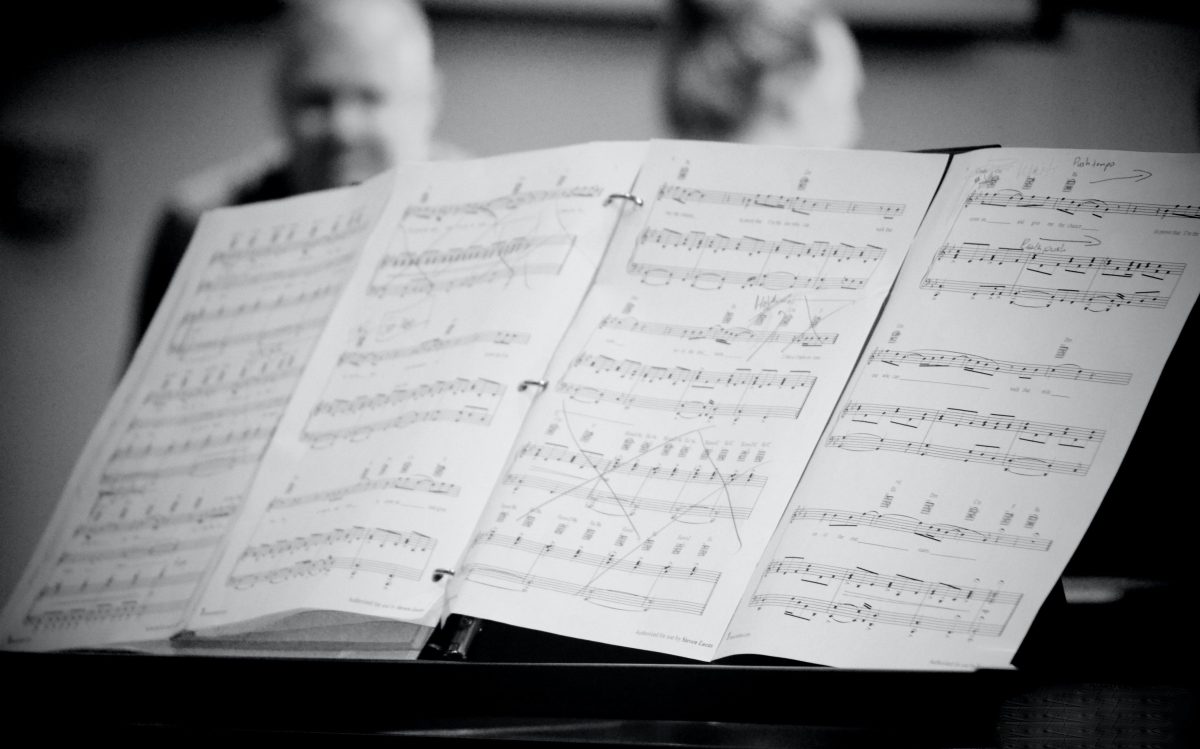Upturning the notion that music exams are expensive and elitist, the Australian Guild of Music will be introducing new instrumental syllabi from 1 September, backed by extensive research into different exam boards around the world in order to open up accessibility and inclusivity.
‘The publicly graded exam syllabi for music, in most cases, haven’t changed since the 1800s in terms of models that are used,’ said Beth Woollacott, CEO of the Australian Guild of Music.
‘So much of the music used in piano syllabi is in the public domain, yet we make people purchase that again and again, essentially creating an even more elitist space for learning music and negative environmental impact.
‘The first thing we want to establish is that people will be able to do any of the exams with free music downloads. This cuts out that first massive cost for a lot of people,’ Woollacott said.
Also available for free will be works that the Australian Guild of Music has commissioned in the past from contemporary Australian composers.
‘This is a syllabus that we can keep for at least ten years and the only thing we need to change is to keep adding to it to support contemporary composers. We want more Australian composers to submit work,’ said Woollacott.
The Australian Guild of Music also sends accredited faculty examiners to schools and carry out exams in accordance with the schools timetable instead of dictating the process.
‘But the real emphasis’, said Woollacott, ‘is on LIVE-Online examinations. This cuts down massively on carbon footprint, saves on costs and makes it easier to schedule exams while still keeping that face-to-face experience and quality. We’ve used this system in Malaysia, Singapore and Sri Lanka for some time. It’s about a more ethical processes all round.
‘It also makes us more inclusive, especially in terms of special needs,’ added Woollacott. ‘A lot of exams have rigid timings which are just not realistic for some people.
‘Doing the exams this way means we can cater to individual circumstances and special needs – we can have a support person in the room which makes a massive difference.’
Woollacott noted that environmental concerns are another factor behind this change. ‘Through this model we are looking at our carbon footprint and saying, “Why are we printing massive amounts of books year on year? Why are we cutting down rainforests to do music exams?”
‘One of the big things in the arts is climate activism, and these things matter to artists and musicians. As organisations we need to start considering what we’re doing in terms of the basics like our carbon footprint.’
The Guild is increasing the amount of LIVE-online exams in Australia, to run on a monthly basis instead of the three sessions previously held. Three kinds of piano exams are currently offered across the Asia Pacific: Full/Traditional, Performance and Recital.
Counting the three syllabi – Pianoforte (traditional), Piano Player (Piano for Leisure), and Contemporary – ‘these options mean you essentially have six different kinds of piano exams,’ Woollacott said.
Working together with Associate Professor Jordan Murray and the Higher Education Faculty, the new piano syllabus will be followed by a similar approach for vocal, violin, flute and brass exams.
How to pick the best pieces for your exam
The extensive piano syllabus repertoire also accepts any pieces of the respective Grade/Level from OFQUAL accredited Examination Boards such as Trinity College London and ABRSM.
This Woollacott said, is because it’s the internationally recognised standard and provides consistency and shows respect.
It’s not difficult to imagine the possibilities and range of choice. So how should you go about picking the most suitable composition for a music exam?
Woollacott advised: ‘I think the biggest thing when doing an examination syllabus is it needs to be stylistically diverse, enjoyable and a bit of a challenge.
‘Pick things that you are able to listen to a lot … The sound needs to appeal to you (or at least grow on you), it really does, because otherwise it’s not going to be a joy learning it.’
She added: ‘If I was to pick something for a student, I would say pick one thing that you really know that you’re comfortable with. Pick something else that’s going to extend you a bit more in a particular area and challenging. And then you pick something that’s almost unknown [to you] because that way it can really develop you as a musician and you get a taste of something new.’
Ready to book a music exam? Find out more at the Australian Guild of Music.





